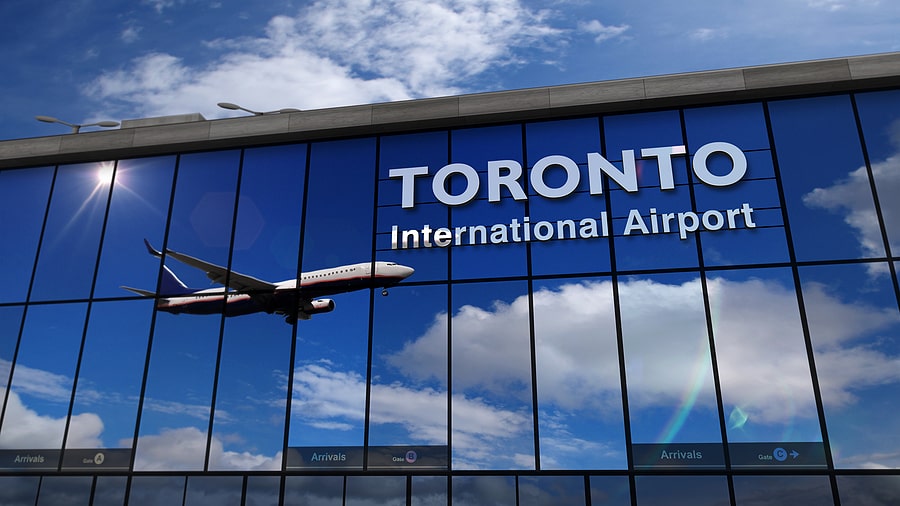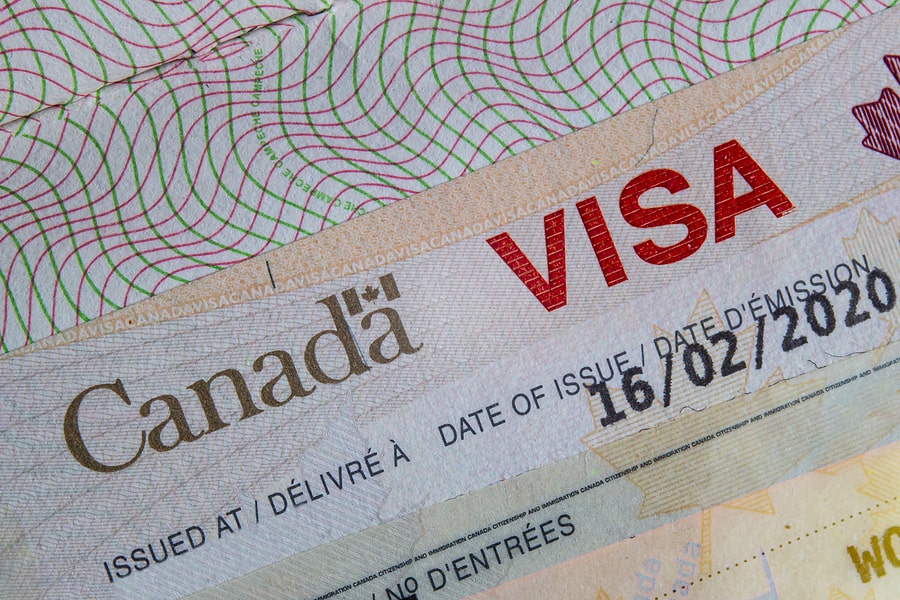
- What is an Admissibility Hearing?
- What is the IRB?
- When Would You Need an Admissibility Hearing?
- What Happens At An Admissibility Hearing?
- What Happens If You Are Found Inadmissible?
- Can I Appeal The Decision?
What is an Admissibility Hearing?
An admissibility hearing is held to determine whether or not you are admissible into Canada. In the process, a Member of the Immigration Division of the Immigration and Refugee Board of Canada (IRB) will make a decision as to whether or not you may enter or stay in Canada.What is the IRB?
The IRB plays an important role in immigration cases, but they are independent of the Canada Border Services Agency (CBSA). This board is solely responsible for making informed and fair decisions on immigration and refugee matters. The IRB is expected to carefully consider both the evidence and the law when making their decisions.
When Would You Need an Admissibility Hearing?
When the CBSA has reason to believe that you should not enter or be permitted to stay in the country, you may be ordered to appear before the Immigration Division for an admissibility hearing. Some of the reasons why you may be the subject of an admissibility hearing may be:- You have criminal convictions
- You have been convicted of human or international rights violations
- You pose a risk to security in Canada
- You have certain health conditions
- You have misrepresented or have been untruthful in prior or processing immigration applications
- You have otherwise violated the Immigration and Refugee Protection Act (IRPA)
What Happens At An Admissibility Hearing?
While you may represent yourself at this hearing, it is strongly recommended that you have a lawyer who is experienced in immigration law, to ensure that your case is presented in the best possible light and that you increase your chances of a favourable outcome. In addition to deciding whether you need legal assistance for this hearing, you should turn your mind to what evidence you would like to rely on for your hearing, and also whether there are any witnesses that can help you, or help corroborate your side of the story for the purpose of your hearing. When it comes to producing evidence or calling witnesses, there are very specific rules and deadlines provided in the relevant legislation and guidelines. It is important that you are well-acquainted with the requirements so that you do not lose your opportunity at your hearing to have critical evidence before the decision-maker. Make sure that any documents that are not in English are translated. Any witness who requires a translator will have one provided at the hearing. A typical hearing will proceed as follows:- The decision-maker (the “Member”) will introduce him/herself and explain the procedure.
- The CBSA representative will explain why it is believed that you should not be admissible into Canada. You may be called as a witness at this time, where you will be asked questions by the CBSA representative and by your lawyer.
- You will then have your opportunity to have your lawyer present your case, which will include the pertinent evidence, and any witnesses you wish to call.
- When all the information and evidence has been called, the Member will make his/her decision.

What Happens If You Are Found Inadmissible?
If the member decides that you are inadmissible, then a Removal Order will be issued. You will be issued one of 3 types of removal orders:- Departure Order
- Exclusion Order
- Deportation Order
Can I Appeal The Decision?
If you are found inadmissible and you receive a removal order, it may be possible to appeal the decision. The appeal would be filed with the Immigration Appeal Division (IAD) and you only have 30 days to begin the appeal process from the date you receive your refusal.
The circumstances in which you are not eligible for an appeal usually have to do with serious criminality, and are:
- If you have been sentenced to six months or more in prison;
- If you were convicted of a crime in another country that carries a sentence of ten years or more in Canada; or
- If you are found to be inadmissible for security reasons, for committing human rights violations or for participating in organized crime.

